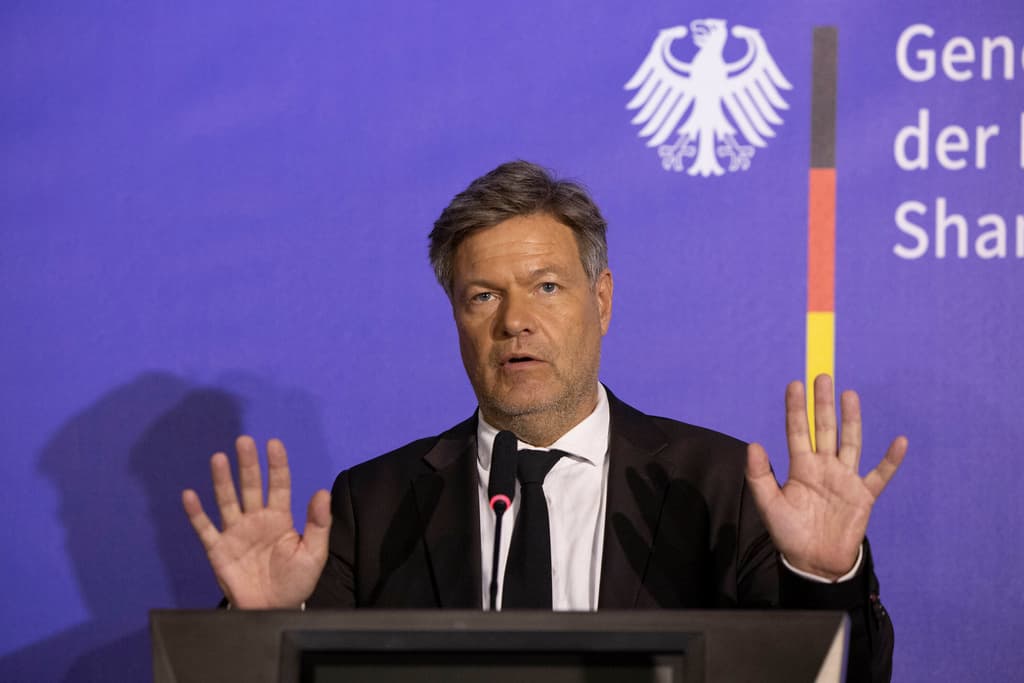Prior to a looming trade war, China and the EU have agreed to initiate talks on the EU's proposed punitive tariffs on the import of electric cars.
The EU Commission warned nearly two weeks ago that punitive tariffs of up to 38 per cent on Chinese electric cars could become a reality.
The tariffs could come into effect in July, but Germany protested and warned of a trade war and market isolation. The country's Economy Minister Robert Habeck is now in China, where he has attempted to pour oil on troubled waters.
It appears to have succeeded. China's Commerce Minister Wang Wentao is now set to begin discussions with the EU's Trade Commissioner Valdis Dombrovskis.
We are far from a final goal, but this is at least a first step on a long road, says Habeck in Shanghai to Tagesschau.
The background to the punitive tariffs is that Chinese state subsidies are considered to pose "an economic threat to European electric car battery producers". Habeck said in Shanghai that he does not see the EU's fees as punitive tariffs but as fees intended to level the playing field of competition.
Since the reports of potential punitive tariffs emerged, the automotive industry has warned of more expensive cars, and China flagged last week that it had launched an investigation into the import of pork from the EU – seen as a move in the burgeoning trade war.
China has previously warned that punitive tariffs could be met with counter-measures in the form of tariffs on European agricultural products, aircraft parts, and cars. China has also already launched investigations into whether to impose tariffs on certain types of spirits from Europe.






